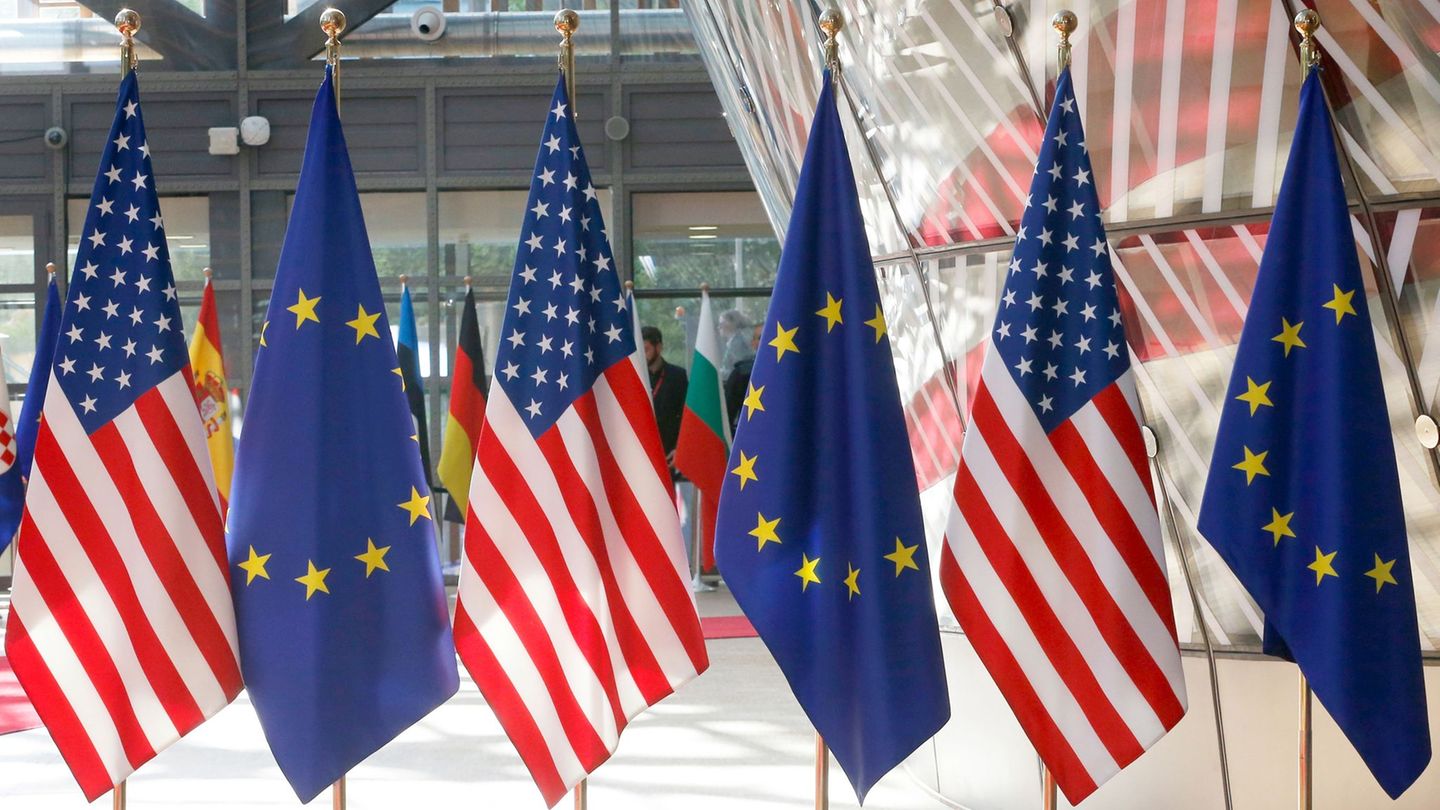Menu
Commercial conflict: EU hopes for negotiating solution despite the doubled US tariffs
Categories
Most Read
Construction improved 0.5% monthly in August, but remained at the same level as at the end of 2024
October 8, 2025
No Comments
The industry recorded a slight rebound in August after two consecutive sharp declines
October 8, 2025
No Comments
Prices: Cartel Office initiates proceedings against Temu
October 8, 2025
No Comments
How to apply to the DNI account discount on butchers this Saturday, October 11, 2025
October 8, 2025
No Comments
Latest Posts

Dollar today: how much it closed at this Wednesday, October 8
October 8, 2025
No Comments
October 8, 2025 – 17:29 Find out how much the official dollar, blue, the MEP dollar and the CCL are trading at. Mariano Fuchila He

The IMF trusts that there will soon be decisions on financial aid to Argentina
October 8, 2025
No Comments
October 8, 2025 – 17:11 The director of the International Monetary Fund, Kristalina Georgieva, assured that the organization is working together with the United States,

World Investor Week: how to go from saver to investor and make your money work
October 8, 2025
No Comments
October 8, 2025 – 17:11 To be an investor, you have to take your saved money and turn it into an investment portfolio that is
24 Hours Worlds is a comprehensive source of instant world current affairs, offering up-to-the-minute coverage of breaking news and events from around the globe. With a team of experienced journalists and experts on hand 24/7.

